
Through its silence, the European Commission has been keeping Mon810 maize authorised since 15 years
Mon810 maize is the only transgenic GM plant authorized for commercial cultivation in the European Union. This authorization was initially granted, via France, almost 30 years ago, in 1998, for an initial period of 10 years. A renewal application was submitted in 2007. Since then, no decision has been taken by the European authorities. How this maize, which authorization theoretically expired in 2008, can still be grown legally in Europe? Simply because European law accepts that, as long as the European Commission has not responded to a request for renewal, the initial authorization remains valid. To date, it’s been 15 years that the Commission fails to respond to Bayer/Monsanto’s request.
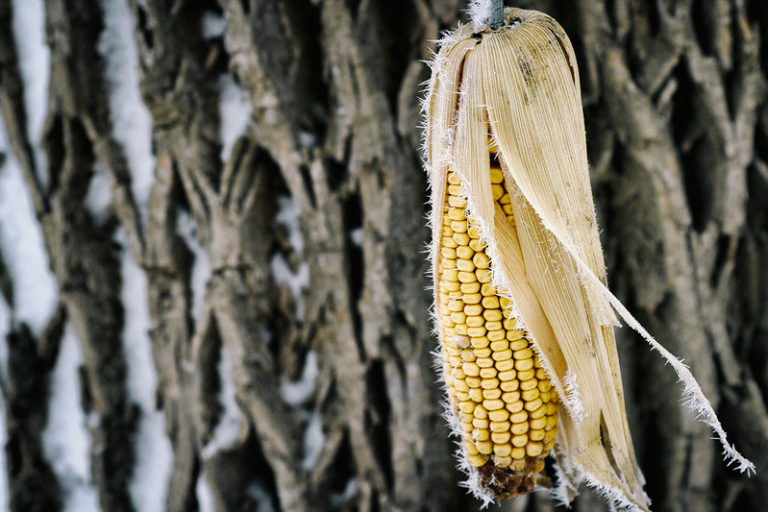
EPO throws cold water on opposition to KWS patent
On 15 October 2024, the European Patent Office (EPO) upheld KWS’s patent for cold-resistant maize. This decision is likely to raise serious concerns among European seed breeders, who may now feel threatened in their breeding work. The patent covers maize plants containing a naturally occurring genetic sequence, which restricts the freedom of breeders to develop new varieties. The “oral proceedings”, which took place before the EPO Opposition Division and which Inf’OGM attended by video-conference, gave rise to some unusual and revealing exchanges. This case shows once again that patents can indeed be tools for appropriating seeds developed by farmers and/or breeders.
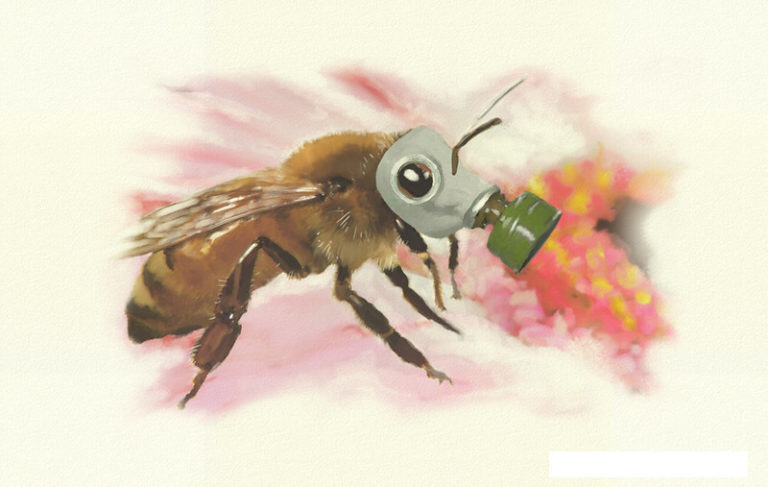
25 years later, insecticidal GMOs face insect resistance
43 detections of insects having acquired resistance to the Bt proteins supposed to kill them were listed in a scientific article in 2023. 43 cases out of 73 studied, i.e. more than half. For the authors of the article, the use of insecticidal GMOs has been crowned with success, as in several cases it has made it possible to reduce or even eradicate local pests. But failures also occurred due to resistance. The authors believe that the future lies in a combination of technologies, among which is RNA interference.
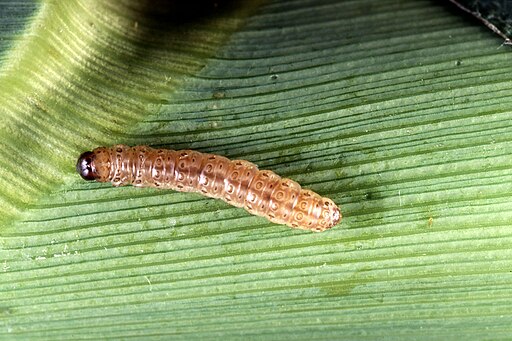
In Spain, are some insects beginning to resist GM maize?
For almost 15 years, European and French experts have been recommending that Bayer improve environmental monitoring of commercial Mon810 corn crops in Spain and Portugal. This improvement is necessary, they say, to prevent target insects such as the European corn borer and sesamia from developing resistance to the insecticide produced by this transgenic corn. But year after year, Bayer only partially responds to these requests. Yet concerns are becoming increasingly serious and concrete, as demonstrated by the latest EFSA opinion, published in August 2024.

Illegal GMO plants and micro-organisms in Europe
Between 1 January 2021 and the present day, the European Union has had to deal with almost fifty cases of the illegal presence of GMOs on its territory. Most of the cases reported by the national authorities involve GMO plants originating in Asian countries such as Vietnam and Thailand, but also in other countries such as Ukraine, the United States and, more surprisingly, France… GMO micro-organisms have also been detected in batches of food additives used in human and animal nutrition.

Catalonia: GMO Clearfield rapeseeds do not have better yields
In Spain, the public agronomy institute Irta regularly carries out evaluations of several varieties of rapeseed. Recently, they introduced into their evaluation some Clearfield rapeseed varieties, herbicide tolerant varieties modified via in vitro mutagenesis. Result: these GMOs, grown commercially in Europe outside the legal framework, do not have better yields than their conventional counterparts.
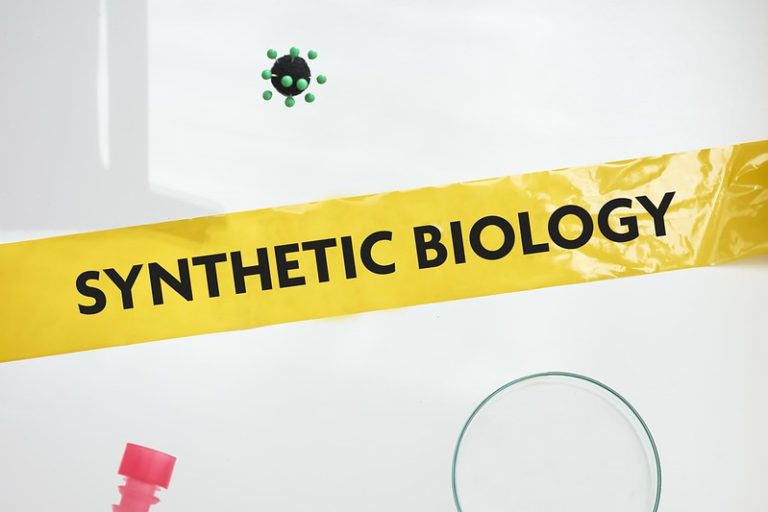
Synthetic Biology, talks are involving GMOs
For the past fifteen years, governments have been discussing “synthetic biology” on an international level. If to date, an “operational” definition exists, the outlines of this field remain hard to draw. Are talks of “synthetic biology” simply a change of semantics, or a genuinely new frontier of the biotechnology field? For the moment, examples of organisms or molecules obtained by synthetic biology are accumulating: unnatural proteins, GMO plants, GMO bacteria, recreated viruses, modification of living organisms directly in the environment, GMO insects, xenobacteria…

A Dutch seed company faces up to KWS patents
Inf’OGM interviewed a Dutch seed company that has developed a cold-resistant “organic” maize and that feels threatened by KWS patents. She tells us the story of her company Nordic Maize breeding, of her certified organic maize, of its likely future contamination by GMOs/NGTs…
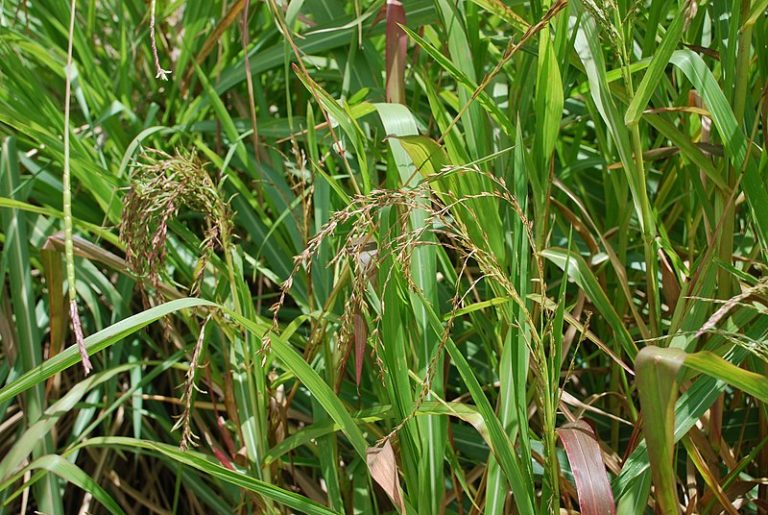
Problems ahead due to cultivation of GMO maize in Europe?

Journal
The threat of GMO/NGT patents is growing stronger

Illegal GMO rice in Europe again


